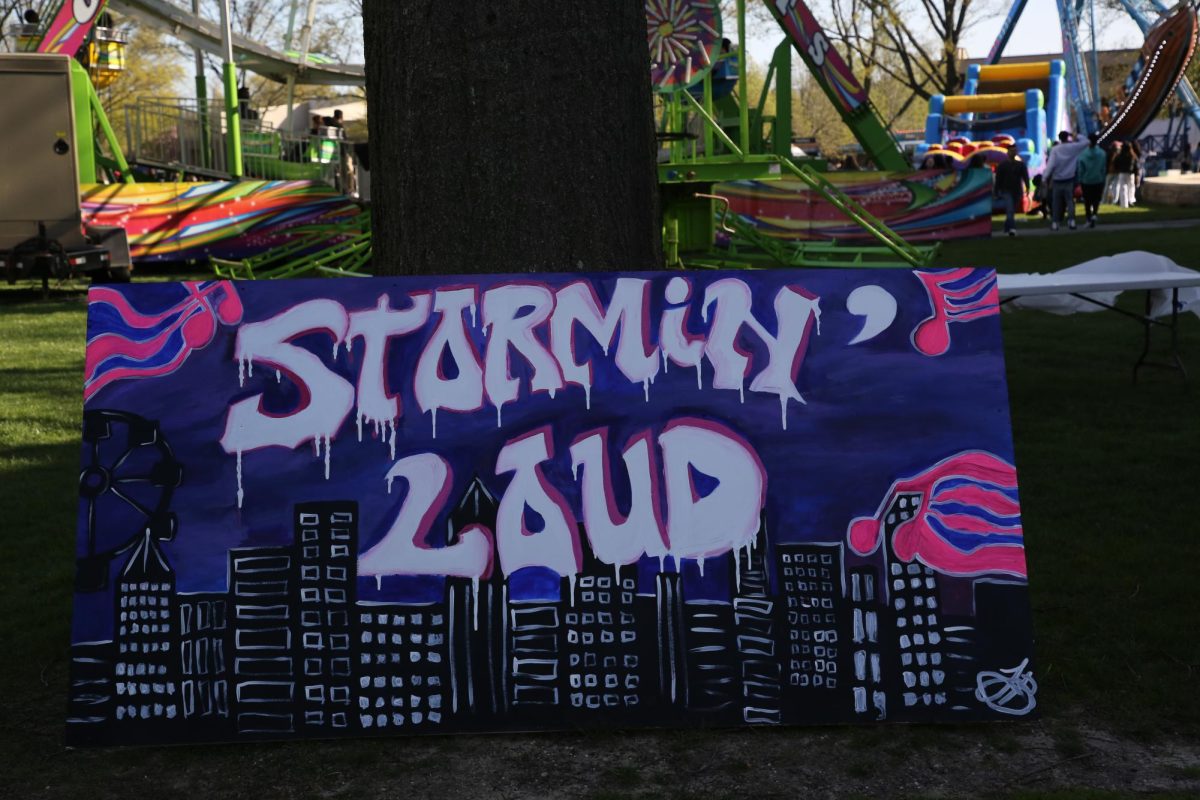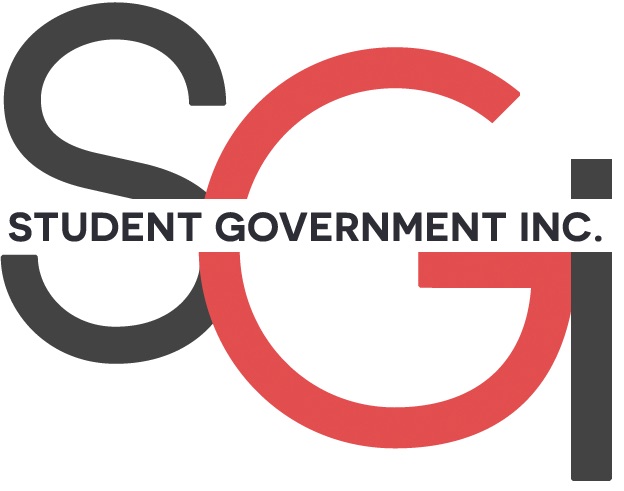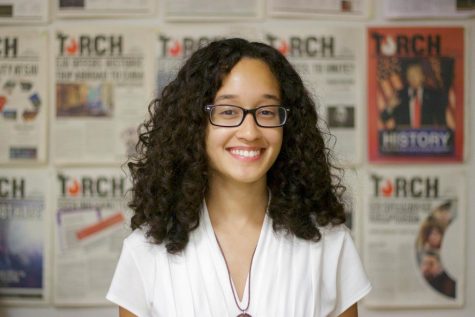The number of reported rapes on campus was cut in half from a year ago while the recorded drug and alcohol violations have both increased in the past school year, according to the University’s annual security and fire safety report.
The 159-page document, which was emailed to students on Sept. 30, is part of a federal reporting requirement under the Clery Act that mandates that institutions disclose the latest statistics for reported crimes that have occurred on or around campus.
The report, which covers the last three school years, shows that the number of reported rapes dropped from four in 2017 to two last year. Those are only the incidents that are reported to Public Safety; according to the anti-sexual violence organization RAINN, only 20 percent of female college students ages 18-24 report sexual violence incidents to law enforcement.
“St. John’s continues to work to reduce instances of sexual misconduct across our campus community by educating employees and students through our various prevention and awareness programs,” the university said in a statement.
In addition, the report shows there were 127 “drug law violations,” up from 71 a year earlier, and 153 “liquor law violations,” up from 123.
A drug law violation is defined as a “violation of laws prohibiting the production, distribution, and/or use of certain controlled substances and the equipment or devices utilized in their preparation and/or use.”
A Liquor law violation is defined as “the violation of state or local laws or ordinances prohibiting the manufacture, sale, purchase, transportation, possession, or use of alcoholic beverages, not including driving under the influence and drunkenness.”
There also was reported one hate crime last year which the document says was “classified as both simple assaults characterized by ethnicity bias and destruction/damage/vandalism of property characterized by Ethnicity bias.”
The Torch sent questions about the latest fire and safety report to University spokesman Brian Browne, who gave answers that he said were provided in collaboration by the Office of Public Safety, Title IX Officers, the Office of Student Affairs and the Office of the General Counsel. Which department is answering each question is not specified.
“We are prohibited from commenting on individual claims, but the University investigates all reported allegations of misconduct,” the statement said.
The Clery Act requires institutions to disclose statistics for reported crimes that have occurred on or around campus. Under federal guidelines, incidents that occur in other locations are not to be included in the Clery report but are investigated and adjudicated by the University.
The report also show one incident of arson in the residence halls following two years without one. It is categorized as the intentional burning of paper at Henley Dorm, an off-campus residence hall about a mile south from campus. It caused no damage, the report said.
In addition to the one report of arson, there were also two accidental fires in dorms, both occurring in St. Vincent. One was a cooking fire that caused no damage while the other came as a result of roof construction that the report said led to $850 in damage.
Burglary also has increased on campus with five total incidences, up from three in 2017.
In its statement, the university said it is proactively trying to reduce the number of incidents across the board through various methods.
What is the University doing to combat sexual misconduct on campus?
The university said employees and students are required to complete awareness programs that serve as both educational and preventative measures. Mandatory programs for new students include Haven, Bystander Intervention Training and Tailored Title IX Training for student workers.
During on-campus orientation, students also attend the Interactive Peer Theater Program (IPT) titled, “Friends: The College Years” which aims to educate incoming students on how to ethically handle situations around sexual violence on campus.
“During IPT, the Deputy Title IX Coordinator introduces herself and reviews her role. IPT includes a playbill with information regarding reporting options, student’s rights, how to help a friend and Title IX Coordinator contact information,” the University said.
St. John’s also noted how the school has been recognized as one of 95 schools to be fully compliant with New York Law Article 129-B, which aims to protect protect students from sexual assault. The New York State Office of Campus Safety audited all 244 colleges and universities in 2017 by examining the University’s policies and procedures on sexual assault as recorded on a statewide compliance review preliminary report on nyc.gov.
The SOAR office — which is an acronym for the Sexual Violence Outreach, Awareness, and Response Office — also participates in on campus activities and wellness fairs by sharing information on bystander intervention workshops, “It’s On Us” campaign, resources for survivors and reporting options for students.
Employees go through similar measures. They take Sexual Harassment and Discrimination Prevention, Title IX: Reporting and Responding to Sexual Assault on Campus, Be the Bridge — a toolkit for faculty — and LinkedIn Learning courses.
The Bystander Intervention Program has been widely adopted across campus. As the White House Sexual Assault Task Force published, the “It’s On Us” campaign was made to raise awareness and fight against sexual assault for men and women alike on campus. The University adopted its language and logo for the program.
“Faculty members are including its language on their syllabi, videos created by students for students are screened at our NCAA basketball games and orientation leaders are wearing “It’s On Us” shirts during orientation,” the University said.
“The bystander message has become a part of the university’s education for alcohol, mental health and diversity issues, further strengthening bystander behavior for sexual violence concerns. Sexual violence prevention has become a campus wide responsibility.”
Other awareness events include Take Back the Night as organized by the Division of Student Affairs and in collaboration with students to speak up on gender-based violence on campus. Turn Off the Violence Week, also held by the Division of Student Affairs, collaborates with partners across campus to organize educational events throughout April during sexual violence awareness month. Victims and survivors of violence participate in the clothesline project by decorating and hanging a t-shirt across campus to express their emotions.
In response to the way the University handles sexual violence on campus, plenty of training is enacted in order to properly prepare.
Resident Advisors and on-call Residence Life professional staff received training from SAVI, which is one one of the community partners.
Public Safety, along with partners NYPD-SVD and the Queens DA-SVB, receive training on trauma informed investigation and the Forensic Experiential Trauma Interview (FETI) technique, stalking perpetration tactics and the neurobiology of trauma.
“Title IX Coordinators, Investigators, Public Safety, the Campus Support Advocate and the Dean of Students all work collaboratively to appropriately respond to each survivor’s unique circumstances.”
What is the University doing to strengthen the alcohol and drug policy?
While liquor and drug law violations are predominant, the University requires online intervention for incoming students with Alcohol EDU which educates on issues associated with alcohol and drug use.
The Department of Wellness also holds on-campus events throughout the year to educate students and reduce high risk alcohol and drug use.
The Department of Wellness also holds on-campus events throughout the year to educate students and reduce high risk alcohol and drug use.
“Students who violate St. John’s Alcohol and Drug policy are asked to complete an alcohol and drug education intervention entitled BASICS (Brief Alcohol Screening and Intervention for College Students), facilitated by the Wellness Education and Prevention.”
It is a two session-brief motivational intervention for high- risk college students, which uses alcohol screening and feedback to reduce problem, excessive, and binge drinking by promotion and motivating healthier choices.
Students transported to the hospital for alcohol intoxication participate in an intervention at the Center for Counseling and Consultation which addresses the concerns that led to their hospitalization or alcohol intoxication.
As a result of illegal drug or weapon possession, Public Safety responds to reports with referral to the Office of Student Conduct (OSC). 718-Red-Safe is available to the University community to report all incidents concerning safety.
“OSC also uses the Analytics features of Maxient’s Conduct Manager to track all documented incidents, in an attempt to identify patterns of behavior or location clusters where certain types of violations may be occurring with more frequency.”









